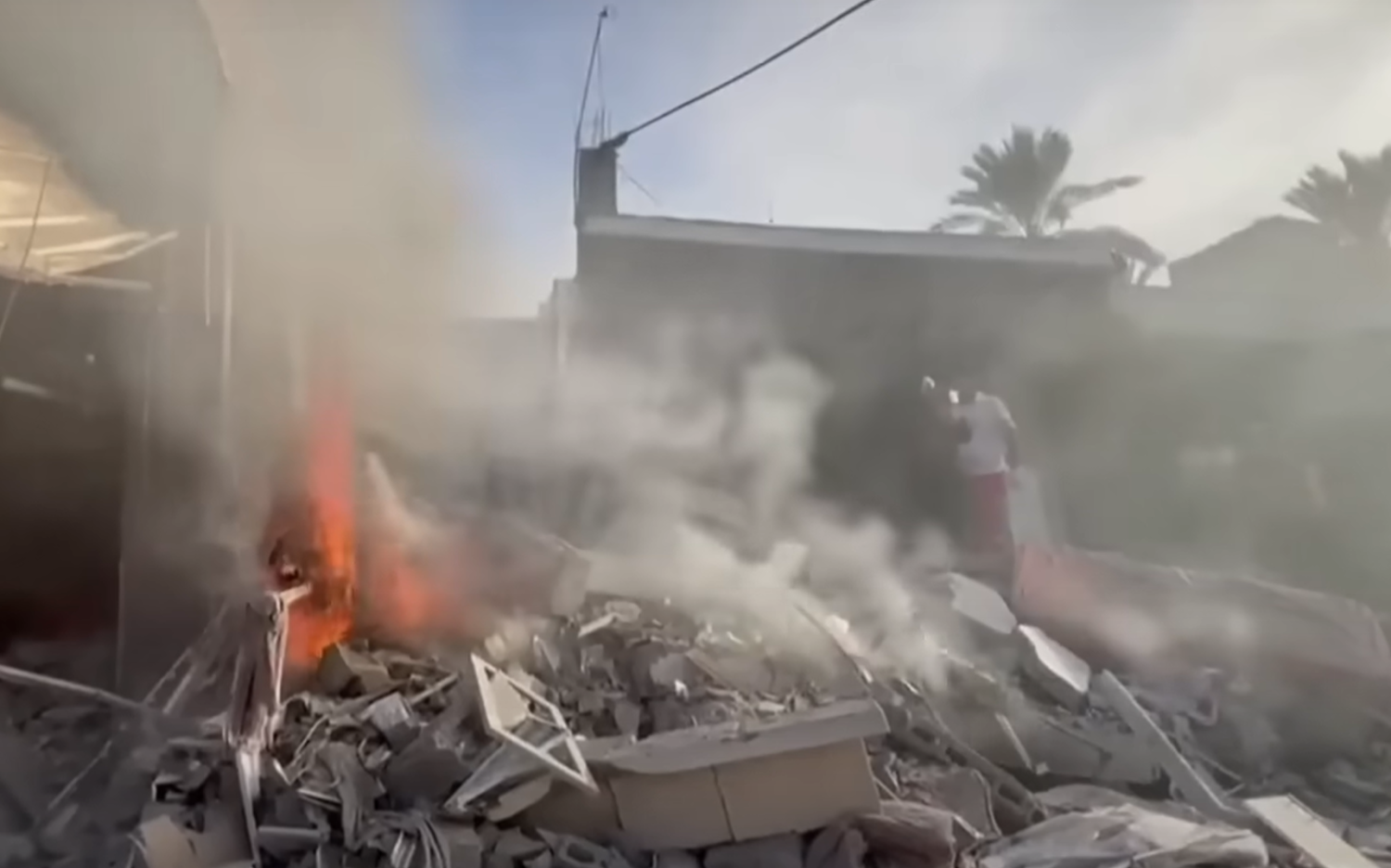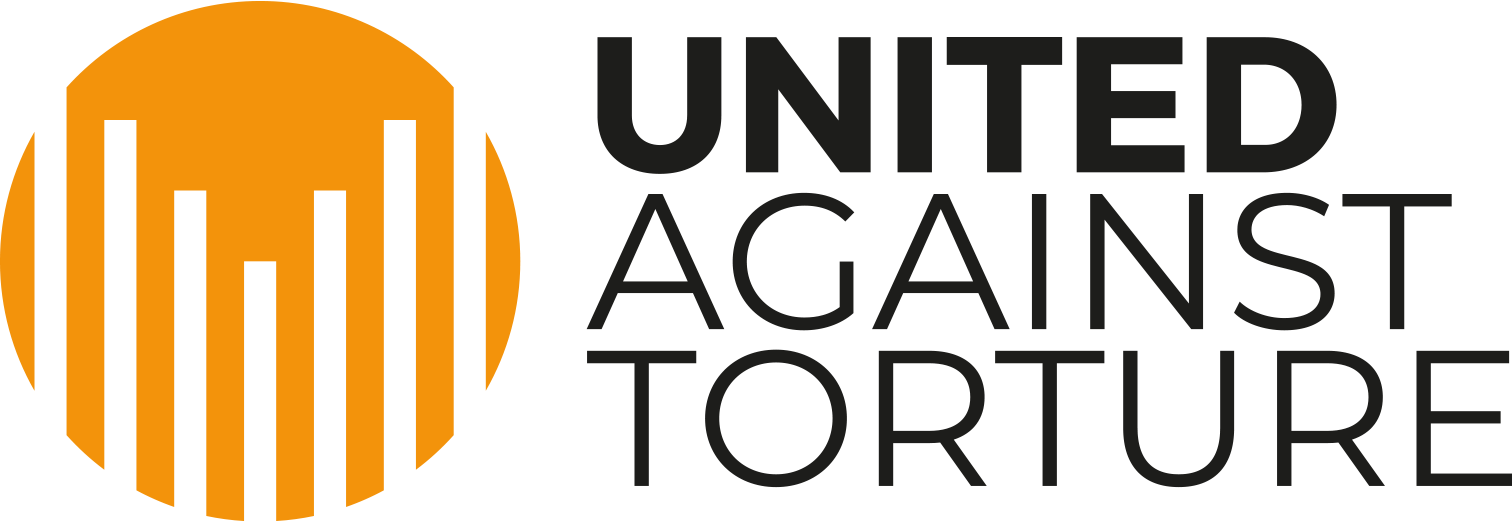
Israel/Palestine: International Community Must Act on Torture Crisis

The United Against Torture Consortium are deeply concerned about the unfolding torture crisis in Israel and the Occupied Palestinian Territories. We call on all parties and the international community to take immediate action to uphold the global and absolute ban on torture and other ill-treatment.
In reporting from our members and partners in Israel and the Israeli-occupied Palestinian territories in Gaza and the West Bank over the past four months, the United Against Torture Consortium (UATC) has received consistent and credible accounts of widespread torture and abuse of Palestinian prisoners and detainees, including severe beatings, sexual assault, humiliation, and denial of medical care at the hands of Israeli officials.
The Public Committee Against Torture in Israel (PCATI) describe, “an unprecedented escalation in abuse of Palestinian detainees by Israel Prison Service (IPS) personnel”, which is occurring in an increasingly abusive detention environment, with reductions of food and heating, punitive and humiliating conditions, the exclusion of access for the International Committee of the Red Cross (ICRC) since October, and access to lawyers, civil society organisations and families severely restricted.
Earlier this week, PCATI joined other prominent human rights organisations in Israel and UATC member World Organisation Against Torture (OMCT) in submitting a request to the UN Special Rapporteur on Torture to intervene in the crisis.
Over the past weeks we have seen alarming accounts and testimonies relating to torture, abuse and humiliation, and widespread arrests, of civilians in Gaza, who are subsequently detained, including in Israel’s Sede Teiman military camp, where they are held incommunicado, and where reports of severe and life-threatening conditions have already emerged.
Most recently, UN Special Rapporteurs have condemned Israel over reports of “egregious human rights violations” against Palestinian women and girls detained by Israel in Gaza and the West Bank, and of sexual assaults in Israeli custody.
These accounts of torture and other ill-treatment are credible and consistent despite being collected in a situation where the conflict, denial of access, and victims being threatened to be silent, makes evidence collection difficult. Furthermore, they happen in a context of dehumanisation, where Israel’s Security Minister Itamar Ben-Gvir was reported as saying: “We need to remember that our prison guards are dealing with the scum of the earth, murderers, who pose a security threat.”
We are therefore deeply concerned that the accounts we have are only the tip of the iceberg of a major torture crisis.
From decades of working with Palestinian survivors of torture and other ill-treatment in Israeli custody, our members know victims and their families are left with deep and long-lasting physical and psychological scars. We are concerned that the current unfolding torture crisis will further devastate already severely traumatised Palestinian communities.
There are also mounting accounts and testimonies of torture and other ill-treatment of people in Israel by Hamas and other Palestinian armed groups during the 7 October attacks and also in the subsequent hostage taking by those groups, which we note as an impact on individuals also constitutes torture or ill-treatment under international law.
A majority of States have rightly spoken up about the torture committed by Hamas and other Palestinian armed groups, yet most remain completely silent on what appears to be systemic and widespread use of torture and other ill-treatment by Israel.
Now is the time for the international community to act before the global ban of torture is eroded.
We recall that the torture prohibition is the foundational norm of any rule-based international order, in war and in peace. Upholding its universality requires the international community to speak out on torture consistently. Not doing so risks undermining this very order and will create long-term damage, not only to those subjected to torture and other ill-treatment but to the fabric of international law.
There is an urgent need for independent investigations by the UN Human Rights system and for the International Criminal Court to expand its investigation into the crime of torture so that the many accounts and testimonies coming out can be verified and responded to. The international community should support the investigations and pressure Israel and Hamas, and other Palestinian armed groups, to allow full access for such investigations.
Preventive steps are urgently needed, including by allowing independent monitoring by the ICRC and access to fundamental detention safeguards, including access for lawyers to all places of deprivation of liberty, and full compliance with the International Court of Justice (ICJ) provisional measures ordered on Israel. The United Against Torture Consortium is particularly concerned about the risk of starvation in Gaza which, when applied deliberately, constitutes not only a war crime but can amount to torture and other ill-treatment.
Finally, the international community must do everything in its power to ensure that all victims of torture and other ill-treatment receive reparations and rehabilitation, which is their right, and which will help them to rebuild their lives and the fabric of families and communities on which peaceful societies are built.
The United Against Torture Consortium (UATC) is an EU-funded project that pools the strengths and expertise of six international anti-torture organisations, in partnership with over 200 civil society organisations and other partners in 100+ countries, to strengthen and expand torture prevention, protection, rehabilitation and strategic litigation.
For more information please contact:
IRCT: Hugh Macleod at [email protected]
OMCT: Claire-Marie Germain at [email protected]
Photo: Courtesy of the BBC.
